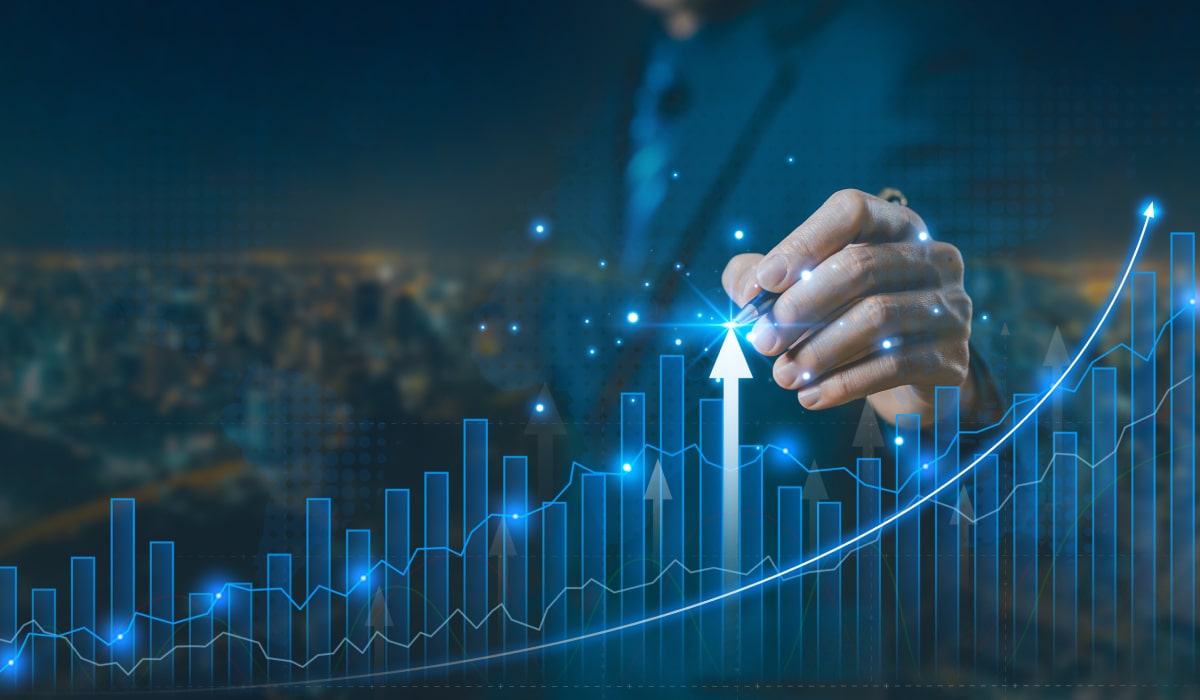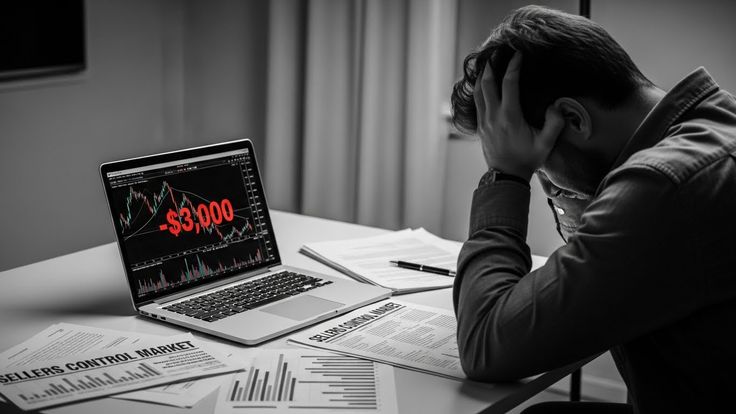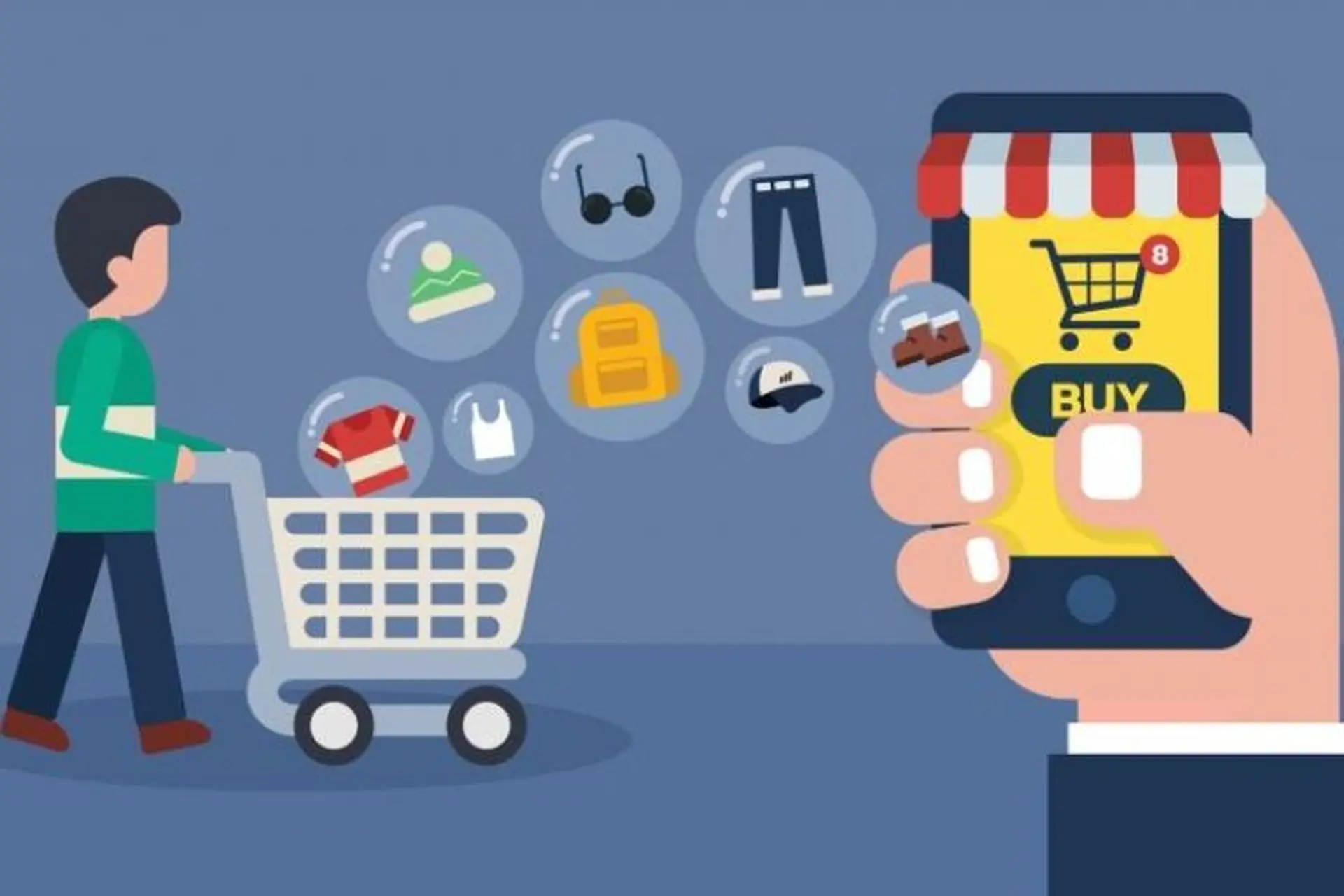
In today’s society, shopping is no longer just about meeting material needs—it has become a way for many people to soothe their emotions. After a long stressful day, instead of resting or investing in self-improvement, quite a few people choose to “order” a few items online or wander around shopping malls. The real question is: are you using shopping to cope with emotions rather than truly upgrading your financial future?
Shopping as Emotional Relief – A Vicious Cycle
When feeling bored or stressed, many people turn to shopping as a form of therapy. At first glance, buying a new outfit, a pair of shoes, or a gadget can bring instant joy. Dopamine—the so-called “happiness hormone”—is released, making you feel excited and relieved. Yet this feeling is short-lived. Soon after, many find themselves empty again, even regretful when looking at their bank balance.
That is when shopping shifts from being a joy to becoming a way of “emotional compensation.” Instead of tackling the root causes of stress—such as learning new skills, investing in health, or building sustainable income streams—we end up spending money merely to cover up emotions temporarily.
Is Shopping Truly Necessary or Just Filling a Void?
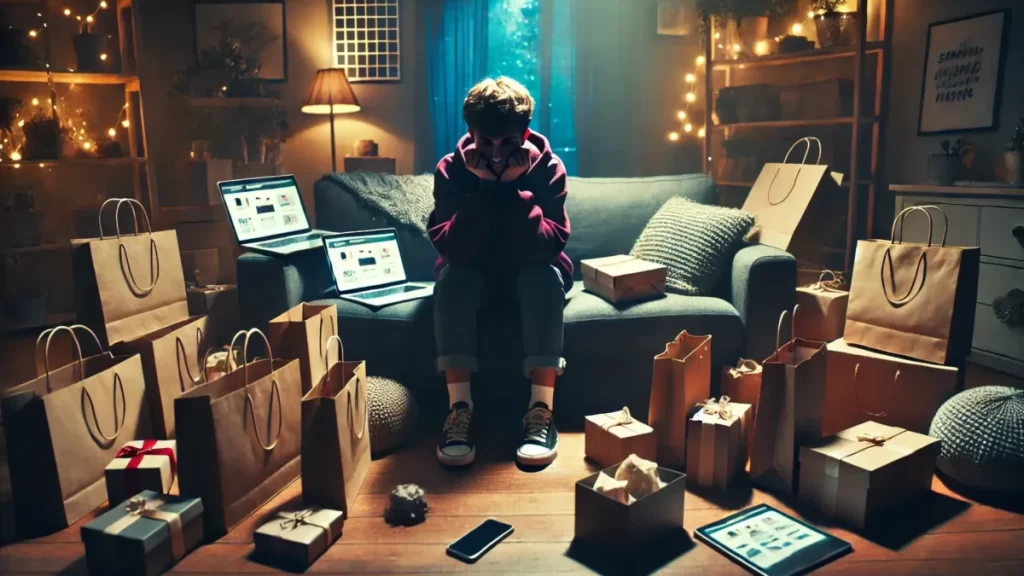
One of the most important questions you should ask yourself is: “Am I buying this item because I really need it, or simply because of a passing emotion?”
Consumer behavior studies show that up to 70% of purchasing decisions are driven by emotions, not actual needs. You may already have enough clothes to wear, yet still feel the urge to shop just because you’re feeling down.
At that point, shopping is no longer a rational activity—it becomes a tool to escape emotions. The difference is clear: true needs bring lasting value, while emotional needs often provide only temporary satisfaction.
Take a look back at your past month. What percentage of your spending went toward investments for the future—such as savings, education, or financial assets—and how much disappeared into “shopping to feel better”?
When spending on emotional shopping outweighs the portion dedicated to investment, it means you are shortening your path to financial freedom. Many people complain that they “work hard but save nothing,” when in reality, the issue lies in uncontrolled emotional spending.
What if Shopping Were Replaced by Small Investments?
A simple example: instead of spending 1 million VND on a casual mall trip, you put that money into a flexible investment fund or mutual fund certificate. After five years, with an annual return of 8–10%, you could accumulate tens of millions. This reserve would give you peace of mind during unexpected situations, rather than just being a faint memory of a shopping spree.
The key difference is this: shopping gives instant gratification but leaves emptiness behind; investing requires patience but provides long-term security.
Short-Term Joy vs. Long-Term Happiness
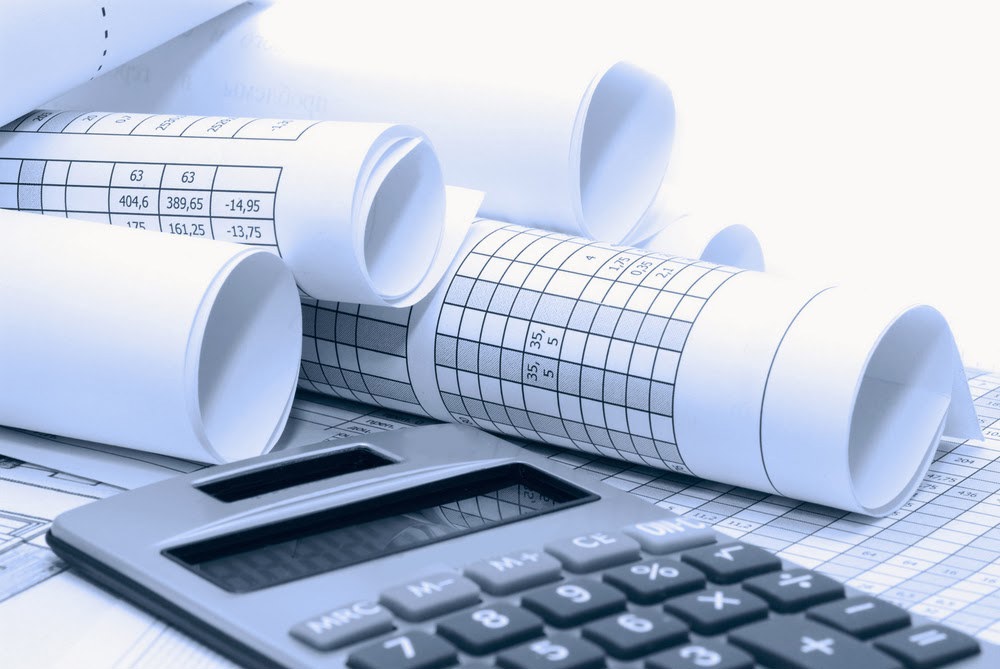
The sense of excitement after “checking out” usually lasts only a few hours. But the sense of security when seeing your savings account grow or your investment portfolio generate returns is far more enduring. That is the difference between short-term happiness from shopping and long-term happiness from upgrading your finances.
Imagine this: at the end of the month, you look back at your balance. Would you feel prouder of a new handbag, or of a sum of money that is quietly compounding interest?
Many young people admit that “whenever I’m stressed, I have to go shopping,” but this habit unintentionally delays their financial goals. To achieve financial freedom, the key principle is accumulation and investment. If your cash flow is constantly drained by emotional shopping, the road to freedom will only drift further away.
This is why you need to ask yourself: “Am I slowing down my journey toward financial freedom just because of unconscious shopping sprees?”
How Can You Replace Emotional Shopping?
It’s not easy to step away from emotional spending, especially when it delivers quick joy and a temporary sense of relief. However, the key is not to eliminate pleasure entirely but to redirect it into healthier and more rewarding outlets. Simple lifestyle shifts—like exercising, taking a walk in nature, or practicing meditation—can ease stress and elevate your mood without draining your wallet. Similarly, meeting friends for a genuine conversation often fills emotional gaps far more meaningfully than purchasing things you don’t truly need.
Another powerful replacement is to channel that urge into building wealth. Instead of buying items on impulse, try allocating the same amount—say, 500,000 VND—into an investment fund or savings account. Over time, this small redirection can provide a deeper satisfaction: the confidence of watching your money grow and serve your future goals. Unlike the temporary high of retail therapy, investments create long-term rewards that strengthen both your finances and peace of mind.
Technology can also be your ally. Many personal finance apps now offer features that flag overspending or categorize certain transactions as “emotional purchases.” These small nudges act like a digital coach, reminding you to pause and reflect before making a decision. When paired with consistent self-discipline, such tools help transform emotional triggers into opportunities for conscious, intentional choices.
What If There Were an Emotional Shopping Alert Tool?
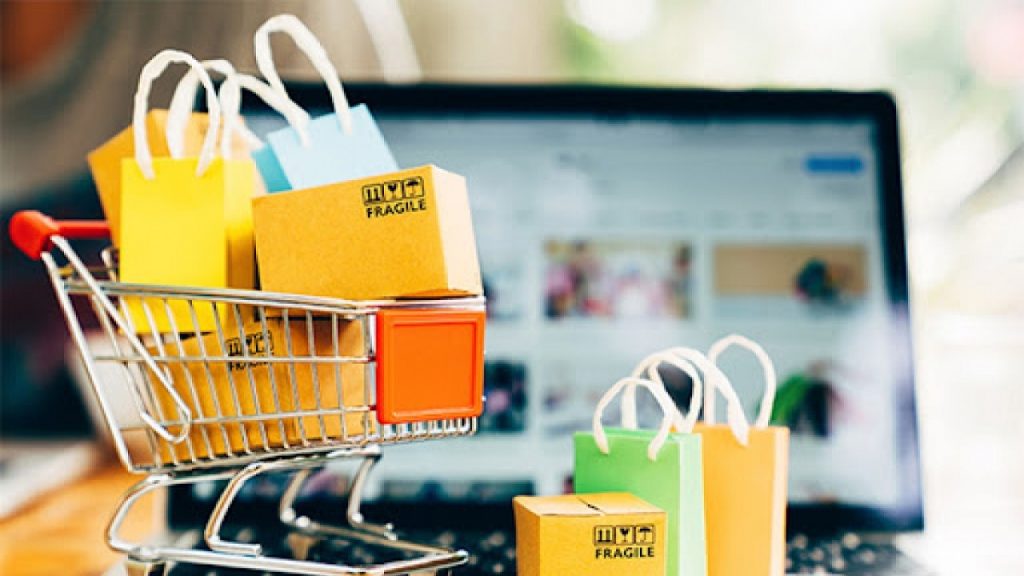
Imagine an AI tool that analyzes your spending habits. Every time you’re about to “check out” while in an unstable emotional state, the system would remind you: “You’re spending out of emotion, not genuine need.” This kind of technology could truly help you control and redirect your behavior.
In the future, personal financial management may combine AI with budgeting tools, helping people avoid the trap of unconscious shopping.
Ultimately, you need to clearly define where lasting happiness comes from. A new pair of shoes might make you happy for a day, but monthly passive income brings long-term peace of mind and confidence.
If you can distinguish between shopping for leisure and managing finances for growth, you’ll find the right balance. No one forbids shopping, but it should remain a small part of your financial plan, not a tool to fill emotional gaps.
Upgrading Finances Instead of Falling into Shopping
To escape the cycle of emotional shopping, you need to build a strong financial foundation. The first step is learning to manage your spending wisely. When you know exactly where your money goes and why, you reduce impulsive purchases. A simple principle like 50/30/20—where 50% goes to essentials, 30% to wants, and 20% to savings or investments—can keep you balanced without forcing you to give up personal enjoyment entirely.
Alongside spending control, you should also build an emergency fund. This fund, usually equal to three to six months of living expenses, acts as a safety cushion against unexpected events. Knowing you have backup funds reduces anxiety and prevents you from using shopping as emotional reassurance. It’s a simple yet highly effective way to ease financial pressure.
Next, instead of spending money on “stress shopping,” you can experiment with small investments. With just a modest amount—say, a few hundred thousand VND for a mutual fund or fractional shares—you begin creating cash flow. While the initial returns may be small, the habit of consistency helps you feel the difference between instant gratification from shopping and the long-term rewards of investing.
Another key factor is investing in yourself. A short course, a valuable book, or even the habit of exercising regularly are all smart investments. Unlike buying new items, which provides fleeting pleasure, upgrading your skills and health enhances your earning potential in the future. Human capital is the foundation of sustainable finances.
Finally, to truly strengthen your finances, you need to think beyond a single source of income. In addition to your main job, explore side hustles such as online work, affiliate marketing, or gradually building streams of passive income through investments. When your earnings no longer depend on just one channel, you’ll feel more secure and less tempted to rely on emotional spending to soothe your worries.
From Emotional Shopping to Financial Freedom
Buying things is not the enemy, but when it’s used as a form of emotional compensation, it easily becomes the biggest barrier to upgrading your finances. Each time you reach for your wallet, ask yourself: “Am I spending on a real need, or am I just running away from my emotions?”
Investing in your personal finances, skills, and health will provide far greater long-term value than the fleeting joy of retail therapy. Financial freedom doesn’t come from impulse purchases; it comes from knowing when to stop—and choosing the right places to invest.
True financial growth requires discipline and self-awareness. It’s not about depriving yourself of enjoyment, but about aligning every expense with a bigger purpose. When you replace emotional buying with intentional spending, you gain both control and clarity. Over time, those small conscious decisions compound into stronger savings, smarter investments, and a sense of stability that no temporary purchase can provide.
In the end, the question is not whether you should buy something or not, but whether that choice moves you closer to—or further away from—your vision of financial freedom.


